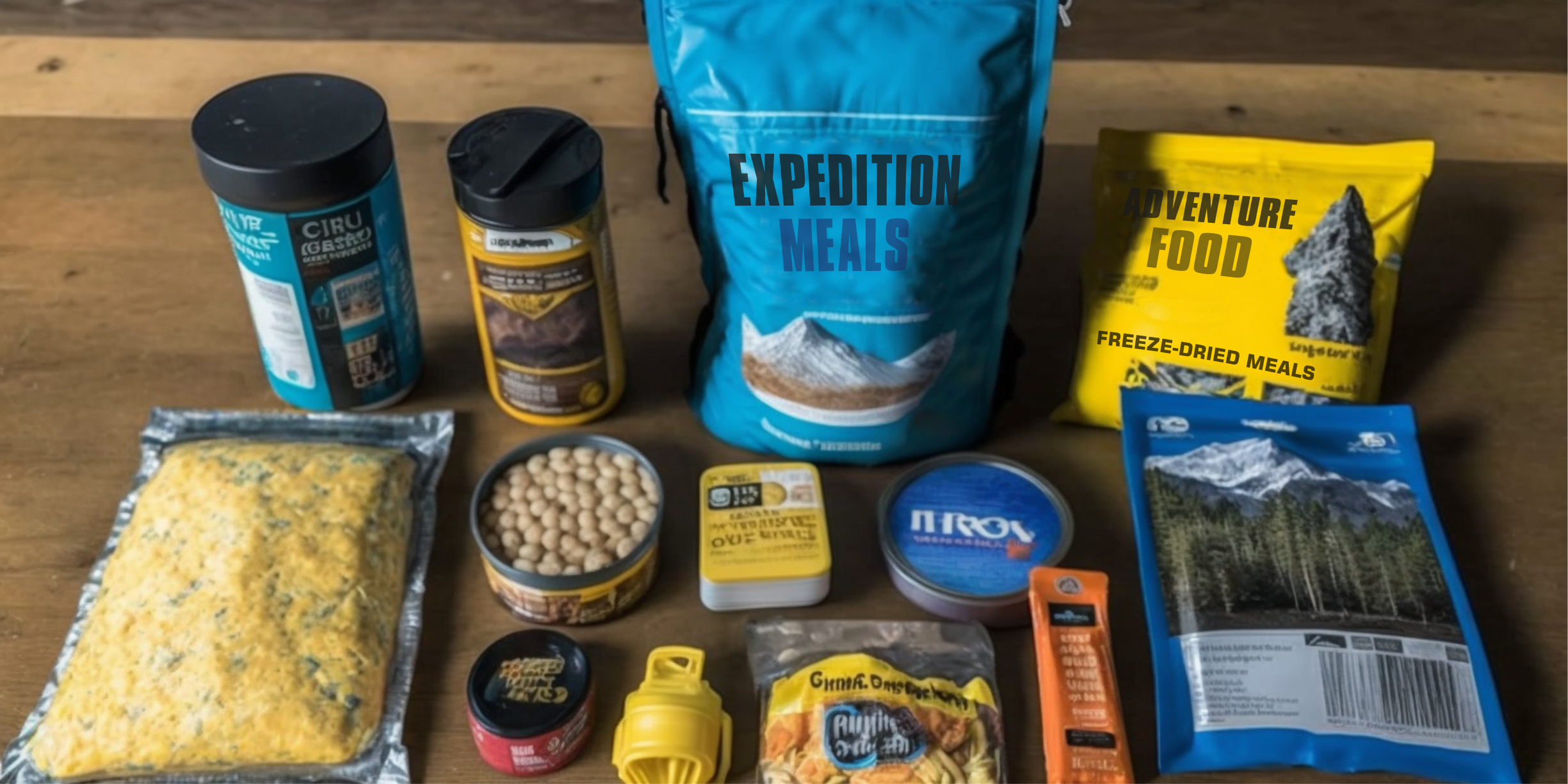
Prepping for Emergencies with Children: A Comprehensive Guide for UK Families
Prepping for Emergencies with Children: A Comprehensive Guide for UK Families
How to Keep Your Family Safe, Informed, and Ready for Any Emergency
Introduction
Emergencies can happen at any time, from severe weather events to power outages, and even public health crises. In the UK, climate change is exacerbating the risks of floods, storms, and heatwaves, while geopolitical tensions, macro-economic destabilisation and evolving public health threats continue to pose challenges. For families with children, preparing for emergencies is crucial to ensuring their safety and well-being. This article will explore strategies for family preparedness, focusing on the unique needs of children and providing practical tips for UK families.
-
Building a Family Emergency Plan
Creating a family emergency plan is the first step towards being prepared. This plan should cover:
-
Emergency contact information: Compile a list of essential contacts, including local authorities, emergency services, schools, and family members. Ensure that all family members have access to this list.
-
Evacuation plan: Identify safe routes out of your home and neighbourhood, and designate a meeting place for your family in case you get separated.
-
Shelter plan: Determine where your family can seek shelter during different types of emergencies, such as floods, storms, or heatwaves. This may include your home, local community centres, or relatives' homes.
-
Communication plan: Discuss how your family will communicate during an emergency, especially if mobile phone networks are down. Teach your children how to use a landline phone and make sure they memorise essential phone numbers.
-
Emergency Kits for Children
In addition to a general family emergency kit, consider creating child-specific emergency kits that cater to their unique needs. These kits should include:
- Suitable non-perishable food and water
- Children's medication, such as Calpol and Ibuprofen, and any prescription medications including asthma inhalers
- Baby supplies, if applicable, like formula, baby food, and nappies
- Comfort items, such as a favourite toy or blanket
- Extra clothing and weather-appropriate gear
- Age-appropriate entertainment, like books, puzzles, or colouring books
-
Educating and Involving Your Children
Empower your children by involving them in emergency preparedness:
- Teach them about the types of emergencies that can happen and how to respond
- Help them memorise important information, such as their full name, address, and emergency contact numbers
- Encourage them to participate in assembling their emergency kits
- Familiarise them with your family's emergency plan and designated meeting spots
-
Preparing for School Emergencies
Emergencies can happen while your children are at school, so it's essential to be prepared for such situations:
- Obtain a copy of your child's school emergency plan and become familiar with its procedures
- Discuss the plan with your child, emphasising the importance of following instructions from teachers and school staff
- Provide the school with up-to-date emergency contact information and any relevant medical information for your child
-
Coping with Stress and Anxiety
Emergencies can be stressful for children, but there are ways to help them cope:
- Maintain a sense of calm and reassure your children that they are safe
- Encourage them to express their feelings and ask questions
- Limit their exposure to distressing news or images, and provide age-appropriate information about the situation
- Establish a sense of routine and normalcy, even during an emergency
-
Emergency Preparedness Resources for UK Families
Several UK organisations and government agencies provide valuable resources and guidance for family emergency preparedness:
- The UK Government's "Preparing for Emergencies" guide (www.gov.uk/government/publications/preparing-for-emergencies/preparing-for-emergencies)
- The British Red Cross' "Emergency Planning" (https://www.redcross.org.uk/get-help/prepare-for-emergencies)
- The Environment Agency's flood warning information and resources (gov.uk/check-flooding)
- The Met Office's severe weather alerts and advice (metoffice.gov.uk/weather/warnings-and-advice)
-
Practising Your Emergency Plan
Regularly practising your family's emergency plan can help to build confidence and ensure that everyone knows what to do:
- Conduct evacuation and shelter drills at home, making sure that children understand where to go and what to do
- Review and update your emergency contact list and kits as needed, especially as your children grow and their needs change
- Discuss and reinforce emergency preparedness with your children, incorporating new information or updates from local authorities
-
Building a Support Network
Creating a support network within your community can help to ensure your family's safety during an emergency:
- Connect with neighbours, friends, and relatives to discuss emergency plans and share resources
- Exchange contact information and agree on meeting points or shelter locations
- Offer assistance to neighbours who may need help during an emergency, such as elderly residents or families with young children
Conclusion
By establishing a comprehensive family emergency plan, creating child-specific emergency kits, and educating your children about emergencies, you can ensure that your family is well-prepared to face any crisis. In addition to these strategies, staying informed about local emergency resources and building a support network within your community can further enhance your family's preparedness. Emergencies can be unpredictable, but with careful planning and preparation, UK families can confidently navigate these challenges and keep their children safe and secure.
Suggested Articles
What to Eat When Hiking or Camping: A Guide to Adventure Food
Introduction: The Importance of Adventure Food Whether you're hiking, camping, or embarking on any other outdoor adve...
How to Plan Nutritious and Delicious Meals for Multi-Day Expeditions
Embarking on a multi-day expedition requires a lot of physical effort, and proper nutrition is key to ensure that you...
The Best Lightweight Foods for Backpacking and Hiking
Introduction: The importance of lightweight foods for backpacking and hiking Backpacking and hiking are popular outdo...




